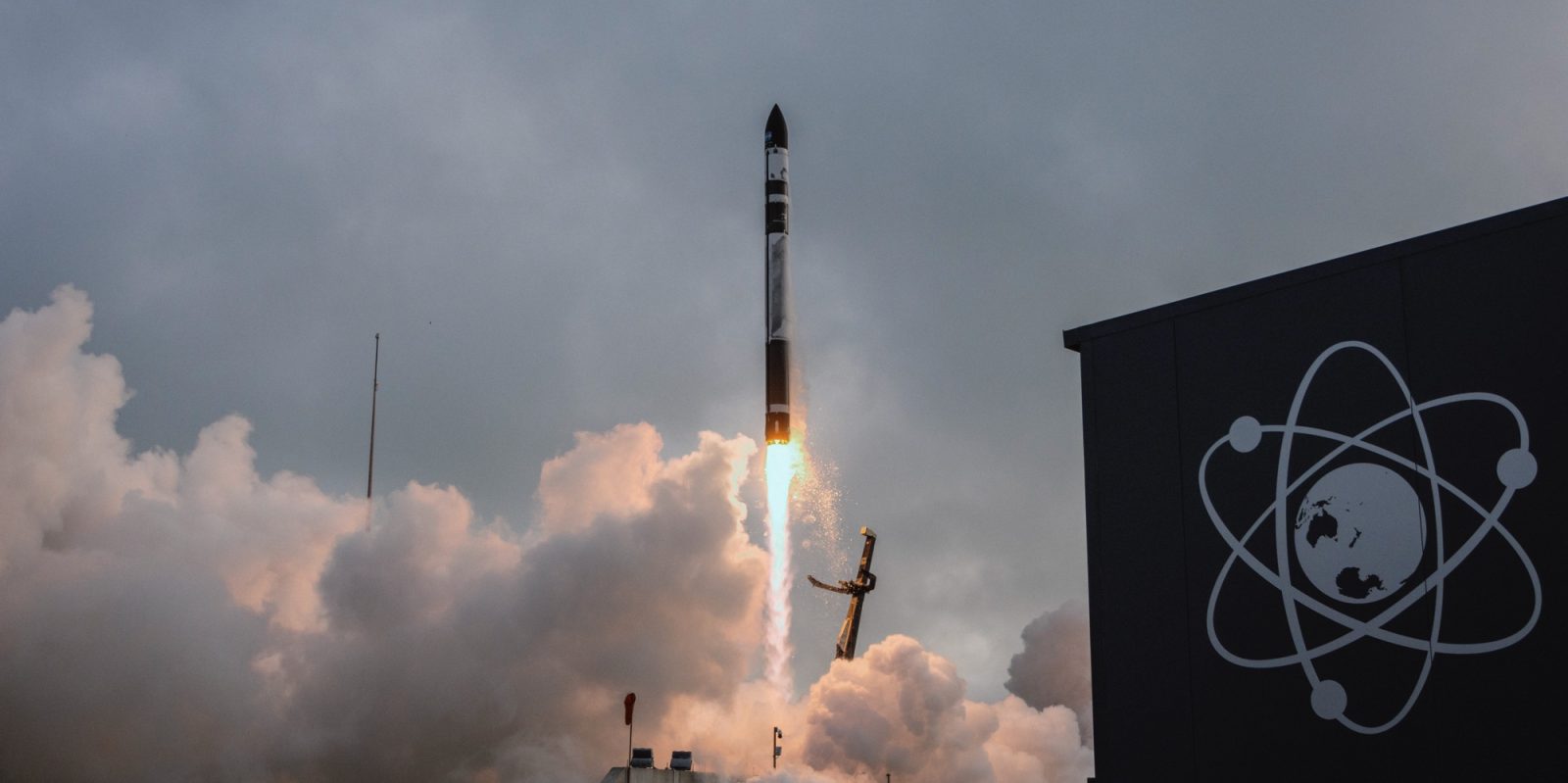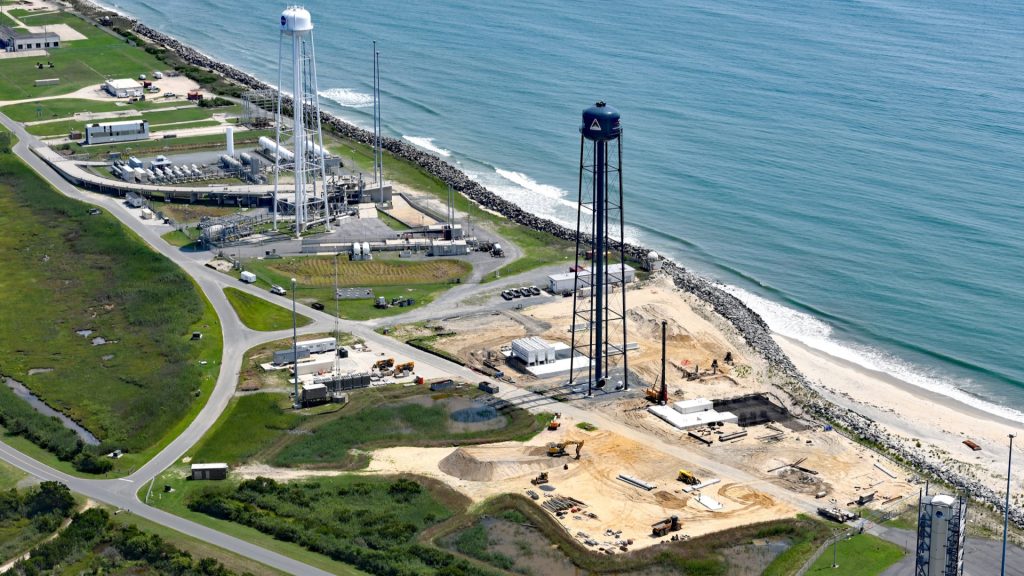
Rocket Lab, under the leadership of its founder and CEO Peter Beck, continues to expand its influence and capabilities in the global space industry. Known for its Electron rocket, a leading small satellite launch vehicle, the company is now venturing into more ambitious territories with the development of the Neutron rocket and the upcoming Venus Life Finder mission.
These advancements highlight Rocket Lab’s ongoing growth and Beck’s relentless drive to push the boundaries of space exploration and technology.
Global expansion and manufacturing footprint
Rocket Lab’s expansion isn’t just limited to its technological advancements. The company has strategically grown its physical presence worldwide, with manufacturing and operational facilities spread across several key locations.
Its production facility is located in Auckland, New Zealand, where the company was originally founded. This site serves as the heart of Rocket Lab’s launch operations, particularly for the Electron rocket, which has successfully executed numerous missions from the company’s private launch complex on New Zealand’s Māhia Peninsula.
In the United States, Rocket Lab has significantly expanded its footprint. The company operates a large manufacturing and research facility in Long Beach, California, which serves as the headquarters for its U.S. operations. This facility focuses on the development of advanced rocket technology, including the Neutron rocket, and houses Rocket Lab’s engineering teams, mission control, and spacecraft manufacturing capabilities.
Rocket Lab’s expansion into Virginia marks a significant milestone in its growth. The company selected the state as the site for its Neutron rocket production and launch operations, with construction underway on a new state-of-the-art facility near NASA’s Wallops Flight Facility.

This new site will include a 250,000 square foot production complex, a launch control center, and other infrastructure to support Neutron’s development and operations. Virginia’s strategic location on the Eastern Seaboard offers an ideal launch site for both commercial and governmental payloads, further enhancing Rocket Lab’s ability to serve a global market.
Neutron rocket: Reusability at the core
The Neutron rocket represents Rocket Lab’s most ambitious project to date, embodying a new era of reusable launch vehicles.
Unlike traditional rockets, Neutron is designed from the ground up to be reusable, with a focus on reducing costs and increasing launch frequency. The rocket’s architecture includes a robust first stage that returns to a ground-based pad via a propulsive landing.
Landing on a ground-based pad eliminates the need for complex recovery operations, such as ocean-based retrievals, and facilitates quick turnaround times between missions.
Neutron’s unique “Hungry Hippos” fairing design is another standout feature. The fairings remain attached to the first stage, reducing the high costs associated with retrieving and refurbishing them. This design also simplifies the launch and recovery process, enabling Rocket Lab to achieve its goal of frequent and affordable access to space.

Venus Life Finder mission: A search for life
Beyond reusability and efficient launch services, Rocket Lab is also breaking new ground in scientific exploration with its Venus Life Finder mission.
Set to launch atop an Electron rocket as soon as late this year, this privately funded mission aims to explore Venus’s atmosphere for signs of life, such as organic compounds and potential microbial life.
The mission will deploy a small, 45-pound (20-kilogram) probe carried by Rocket Lab’s Photon Explorer spacecraft. This probe will descend into Venus’s cooler atmospheric layers, collecting data using an autofluorescence nephelometer, before transmitting its findings back to Earth.
Peter Beck’s global vision for Rocket Lab
Peter Beck’s leadership has driven Rocket Lab’s transformation from a small startup in New Zealand to a global space company with facilities and operations in multiple countries. His pragmatic approach, balancing ambition with execution, has enabled the company to grow rapidly while maintaining its commitment to innovation and reliability.
Beck’s vision for Rocket Lab includes expanding the company’s global footprint, developing advanced reusable rockets like Neutron, and exploring the frontiers of space through missions like Venus Life Finder.
As Rocket Lab continues to expand its global presence and push the boundaries of space technology, it positions itself as a key player in the next era of space exploration. Under Beck’s leadership, Rocket Lab aims to focus on sustainable and innovative solutions that meet the diverse demands of the global space market.
FTC: We use income earning auto affiliate links. More.




Comments